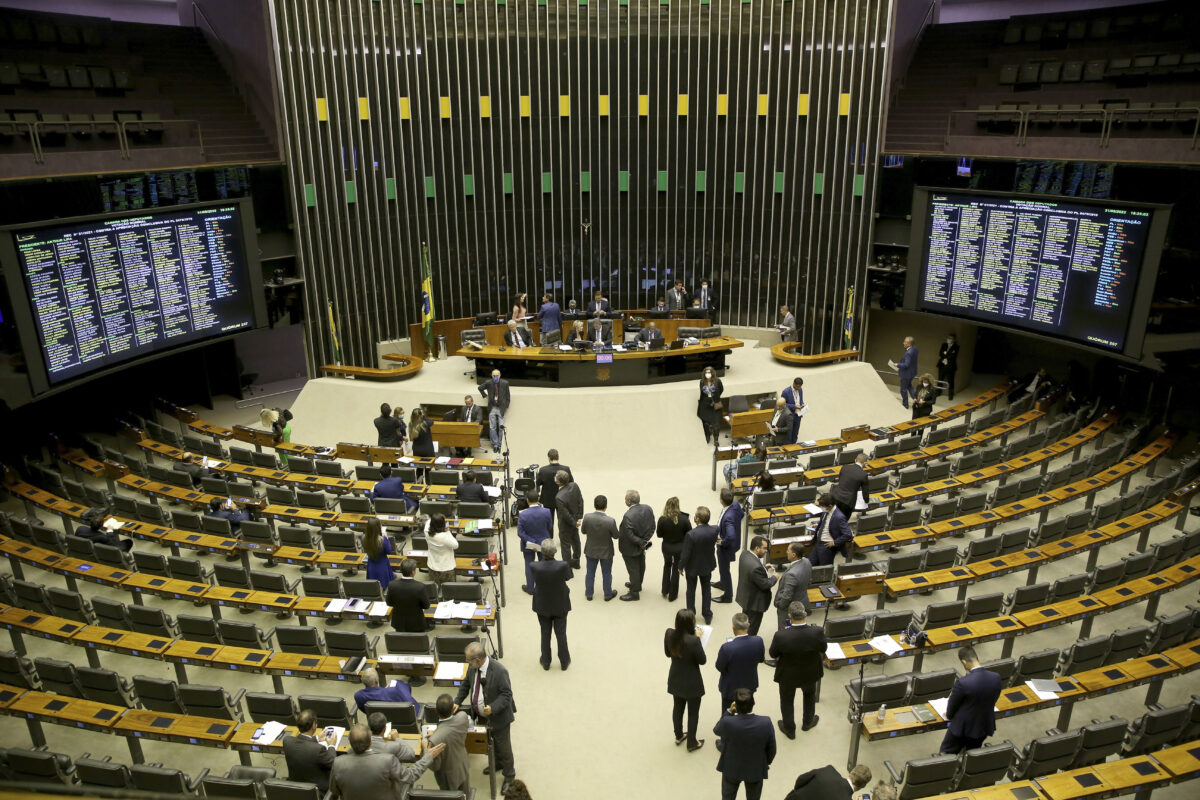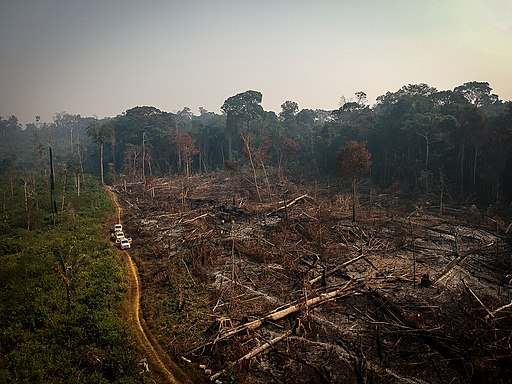Brazilians elect 81 federal deputies committed to the environmental cause, 20 fewer than in the current legislature. Former environment minister Marina Silva and indigenous leader Sônia Guajajara promise to heat up debates on the issue in Brasília.
The bloc of federal deputies committed to the environment will be 20% smaller as from next year. Eighty-one “green” parliamentarians were elected on 2nd October, a number which represents slightly more than 15% of the total seats in the Chamber of Deputies.
In the 2018 elections, the bloc comprised at least 101 names. To identify who will make up the group starting next year, the PlenaMata team has included only those re-elected deputies whose voting record reveals a greater than 70% support for environmental measures. This index was developed by the Farol Verde Panel, a tool to highlight the positions of parliamentarians in relation to the environment and climate. It considers the degree that legislators adhere to the guidance of the Parliamentary Environmental Front, a group that influences the guidelines of environmental policies in parliament.
Of the 81 pro-environment candidates for federal deputy who were elected this year, 65 were re-elections. The other sixteen were newly elected and include important names, such as former minister of the environment Marina Silva (Rede), a candidate for São Paulo. In her social network profile, she thanked the more than 237,000 votes she received.
“I am honoured to represent the people of São Paulo who believe in the need to promote change to reduce our inequalities and create the conditions for a cycle of prosperity that does not damage our environmental heritage”, she wrote.
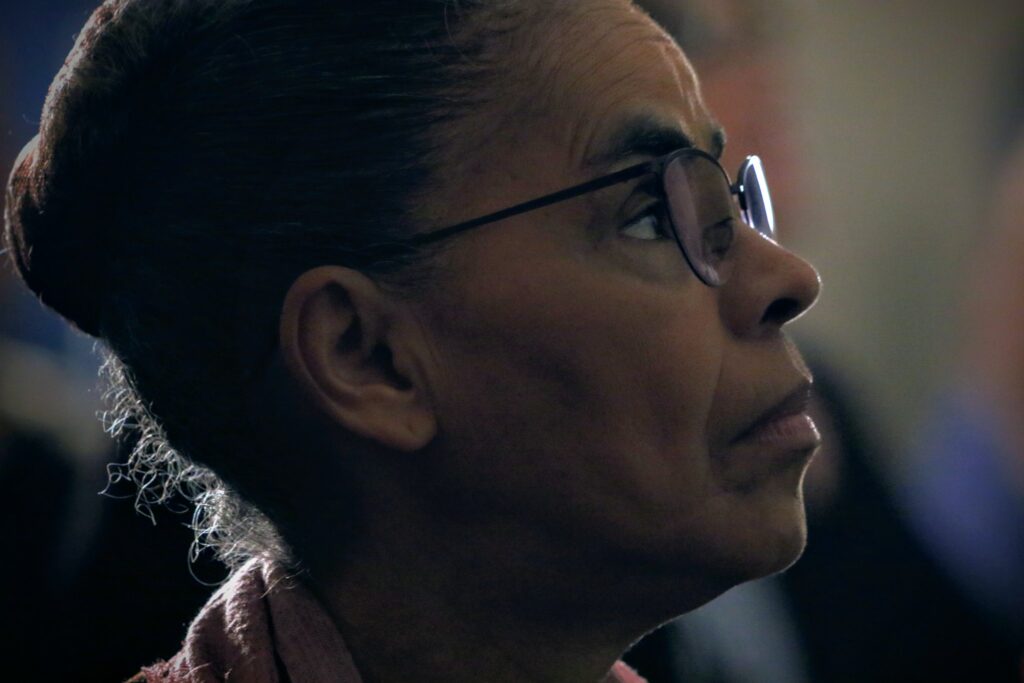
The most voted federal deputy in São Paulo with more than one million votes, the coordinator of the Homeless Workers Movement (MTST) and former presidential candidate Guilherme Boulos (PSol), also promises to stand up to the pro-ranching caucus.
He is one of the signatories of the Open Letter Commitment on Agroecology for the 2022 Elections, of the National Association of Agroecology (ANA). A further 25 names from the new green bloc have signed the document calling for public policies that strengthen the environment and food and nutrition security for small producers and traditional communities.
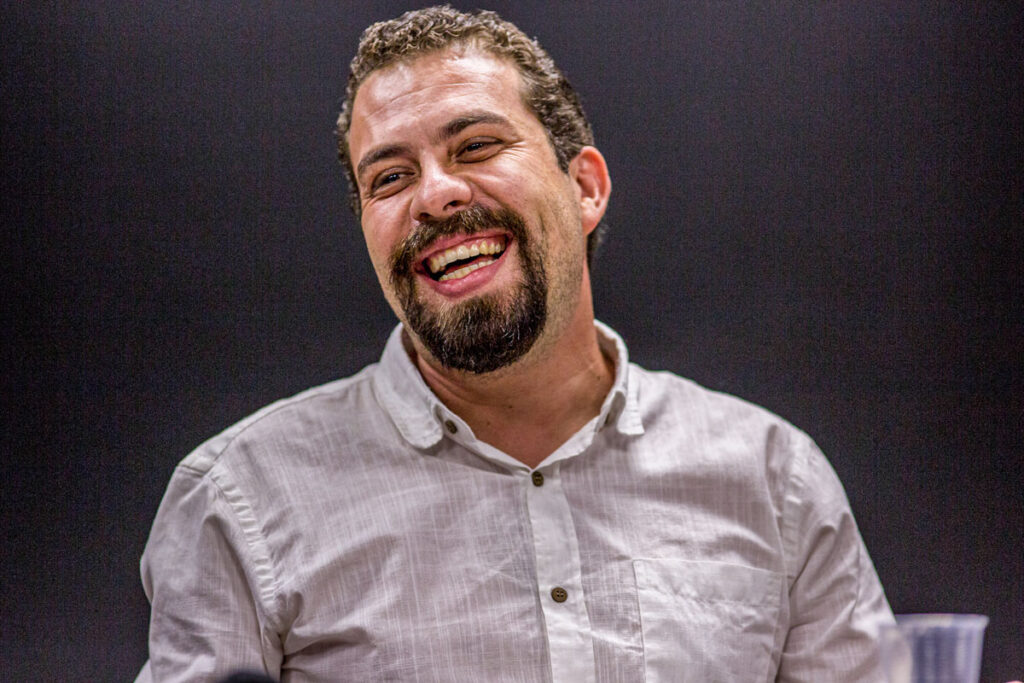
The PT was the party that elected the most pro-environment representatives, with 47 names, followed by the PSOL (10), PDT (8) and PCdoB (5). Deputies from six other parties complete the bloc.
On the other hand, the Parliamentary Agriculture and Ranching Front, the most organized of the agricultural lobbies in Congress, emerged stronger from the election, re-electing 127 deputies, not including its new members.
The philosopher and one of the founders of the Instituto Socioambiental (ISA), Márcio Santilli, believes however that the most important aspect of the election results from an environmental point of view is not quantitative, but qualitative.
“We are going to have important exponents on the right as well as on the left. On the one hand, Marina Silva, responsible for the greatest reduction in Amazon deforestation in history during her time as minister in Lula’s government. On the other, Ricardo Salles, who as minister recommended, under cover of the pandemic, dismantling the framework of existing environmental policies. It will be a more polarized Congress, and this will certainly heat up debates around this agenda”.
“We are going to have important exponents on the right as well as on the left. On the one hand, Marina Silva, responsible for the greatest reduction in Amazon deforestation in history during her time as minister in Lula’s government. On the other, Ricardo Salles, who as minister recommended, under cover of the pandemic, dismantling the framework of existing environmental policies.”
Márcio Santilli, philosopher and one of the founders of the Instituto Socioambiental (ISA).
The missing Amazon
A striking feature is the absence in the new environment bloc of representatives from seven of the nine states of the Legal Amazon: Region occupying almost half the Brazilian territory, including nine States and with an area greater than that of the Amazon biome.. Only Pará and Rondônia can count on federal parliamentarians committed to the environmental cause, with a single elected deputy each.
In contrast, Santilli points to the increase in the representation in parliament of the forces of predatory exploitation operating in the region. He explains that the scenario of national polarization is also affecting the region.
“It doesn’t hurt to remember that Bolsonaro received most votes from that part of the Amazon that is made up of the arc of deforestation, as well as Roraima. The representation of these predatory sectors, now strengthened, will be an obstacle to be overcome for implementation of policies for the sustainable development of the region in the next administration”.
Indigenising politics
In 2022, the number of indigenous candidates marked a record in Brazil, with 182 candidates from differing parties and ideological currents, especially women , representing a 75% increase in candidacies registered by the Superior Electoral Court (TSE). Nine were successful in getting elected to different positions. Four of these will make up the new green bloc in the federal Chamber of Deputies.

One of these is Sônia Guajajara (PSOL), who made history by being the first indigenous woman elected as a federal deputy for São Paulo, with almost 157,000 votes, and the second to occupy a seat in the Chamber of Deputies. The first, current federal deputy Joênia Wapichana (Rede) from Roraima, was not re-elected as a result of the electoral quotient: Calculated by dividing the total number of valid votes by the number of state seats in the chamber. A procedure designed to define those parties earning the right fill vacancies in ´proportional elections´ – those for federal and state deputies and municipal councillors, despite being one of the six most voted in her state and receiving 35% more votes than in 2018.
In a video posted on Twitter, Guajajara celebrated her unprecedented feat. “I know that the challenge is huge and difficult in the hostile environment of the National Congress, but the first step has been taken. We are going to enter through the front door to indigenise politics”.
We will enter through the front door to indigenise politics.
Sônia Guajajara, elected federal deputy for São Paulo
Someone who also made history, as the first indigenous woman elected federal deputy for Minas Gerais, was Célia Xakriabá, standing for the PSOL, with more than 100,000 votes. An anthropology PhD from the Federal University of Minas Gerais (UFMG), she was elected on the promise of fighting for the demarcation of new indigenous territories and for the granting of title to quilombos (maroon communities). “We are entering a new moment in the history of democracy in this country,” she wrote, after the results of the polls.
The two were the only winners out of a list of 30 indigenous peoples’ candidacies supported by the Articulation of Indigenous Peoples of Brazil (Apib), one of the most important organizations of indigenous peoples in the country. Together, these candidates received nearly 450,000 votes nationwide.
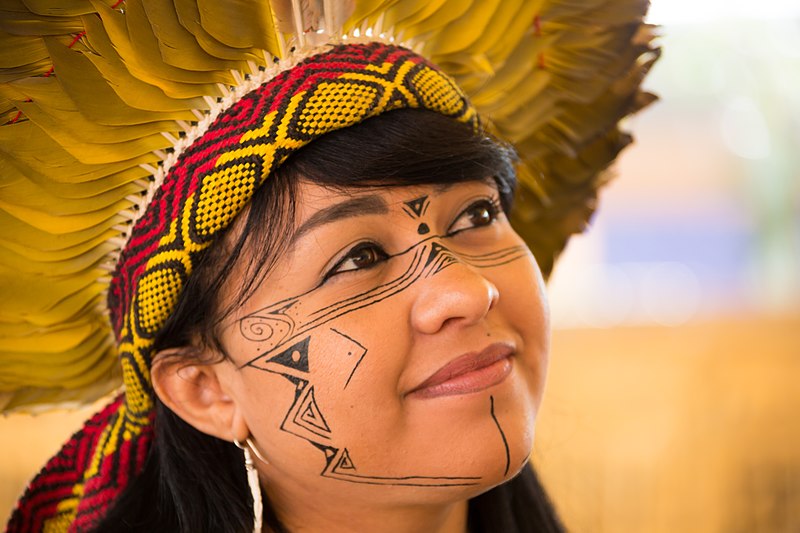
The other two self-declared indigenous federal deputies committed to the environment are Paulo Guedes, re-elected for Minas Gerais, and newcomer Juliana Cardoso, from São Paulo, both standing for the PT.
Márcio Santilli, a former president of the National Indian Foundation (Funai), believes that the mandates of Guajajara and Xakriabá, who have risen politically through indigenous militancy, will be of great importance to native communities.
“First, because they are two reference points within the movement that were elected with its support and will represent the needs and interests of traditional peoples in the Chamber. In addition, there is a very interesting peculiarity about both, which is the fact that they were mostly elected by non-indigenous urban voters, which makes it clear that there is nowadays very strong receptivity within national society to this issue”.
Despite the low number of indigenous candidates elected, he is optimistic about the results of the polls. “The indigenous population represents about 0.5% of Brazilian society. In this context and considering the rules and logic of the national political game, it is extremely difficult for members of these communities to be elected at the federal level. Thus, these two victories mean a step forward and will certainly lead to the increasing participation of indigenous people in elections”.
Science and negritude
The new environment bloc also comprises eleven representatives who support science and education. During the campaign, they signed two manifestos organised by the Engaged Scientists group, which combats “obscurantism” and presses for the inclusion of scientific knowledge in the formulation of bills, including environmental bills.
Making up the science bloc will be deputies Rubens Otoni, Erika Kokay, Ana Pimentel, Enio Verri, Tadeu Veneri, Zeca Dirceu, Fernando Mineiro, Maria do Rosário, Paulo Pimenta, Pedro Uczai (all PT) and Alice Portugal (PCdoB).
In addition, eight Afro-descendant leaders committed to the agenda of the Black Coalition for Rights, the group behind the Quilombo in Parliaments initiative, were elected . The idea is to increase black representation in legislative bodies and pursue public policies in favour of quilombola communities.
Supported by this initiative, Valmir Assunção Dandara, Tonantzin, Benedita da Silva, Carol Dartora and Denise Pessôa were elected for the PT, together with Henrique Vieira, Taliria Petrone and Erika Hilton for the PSOL.
InfoAmazonia report for the PlenaMata project .


